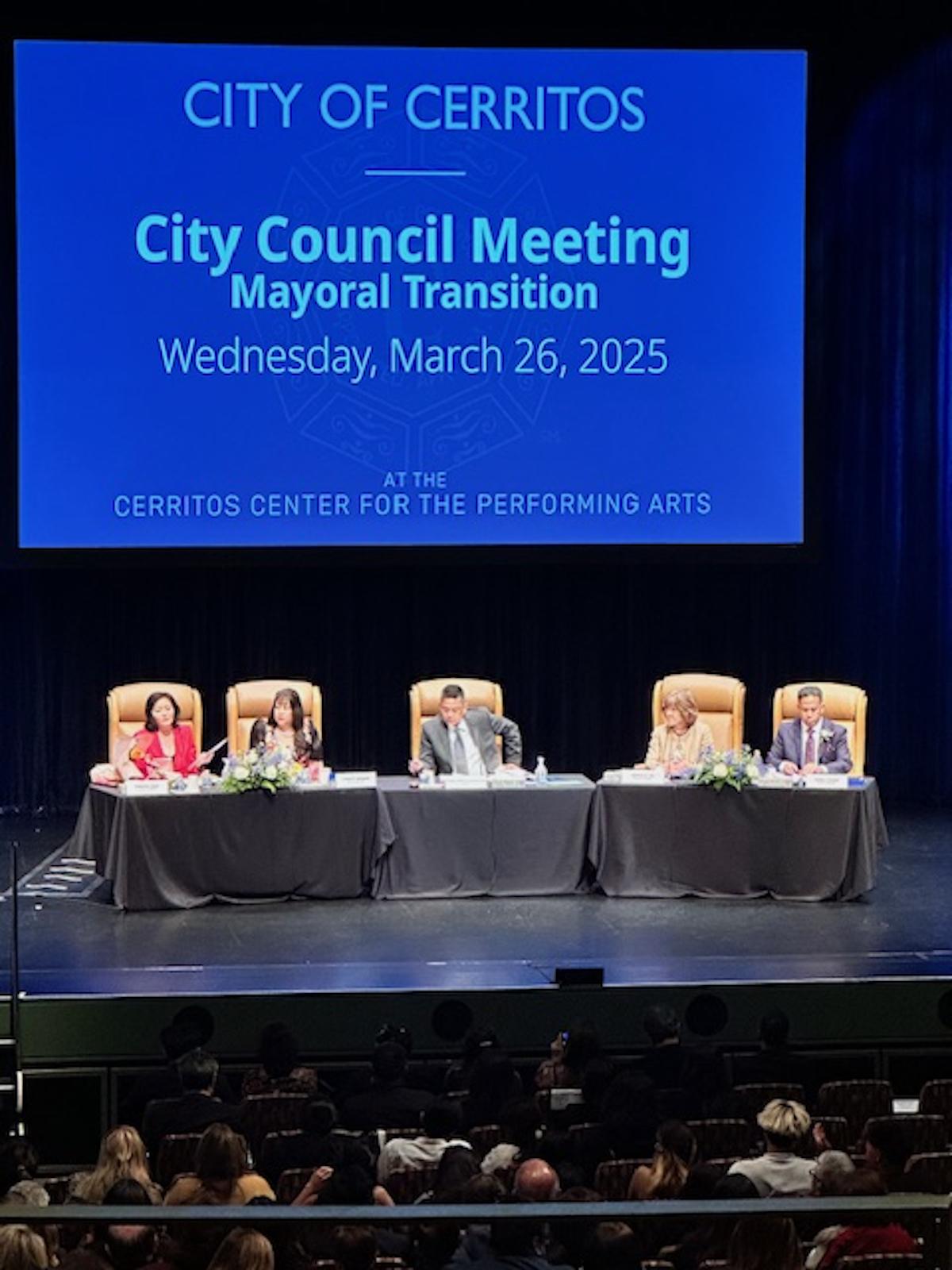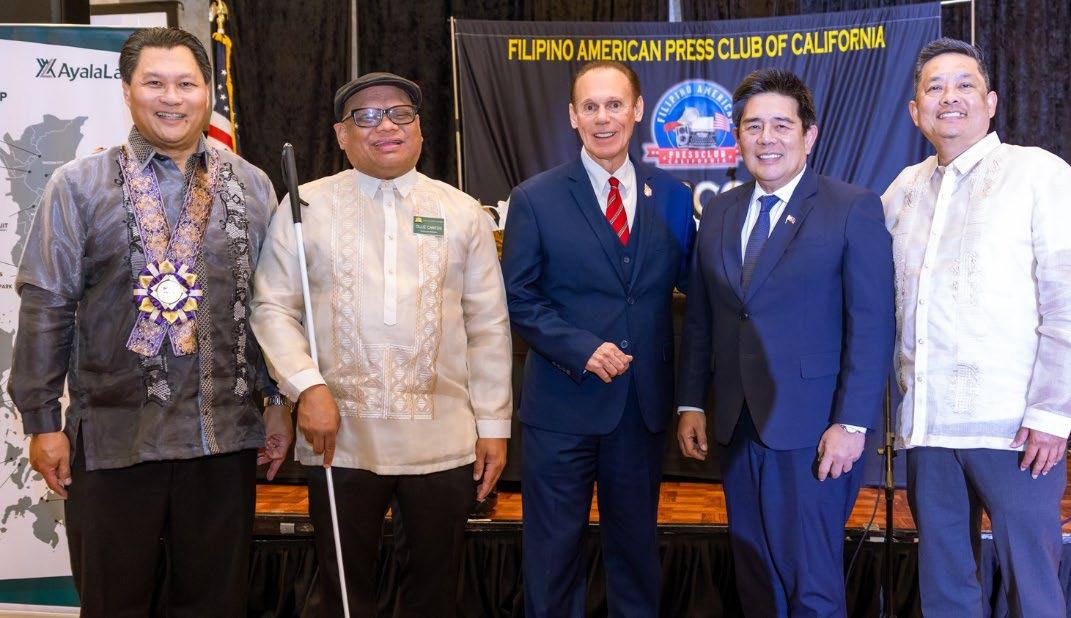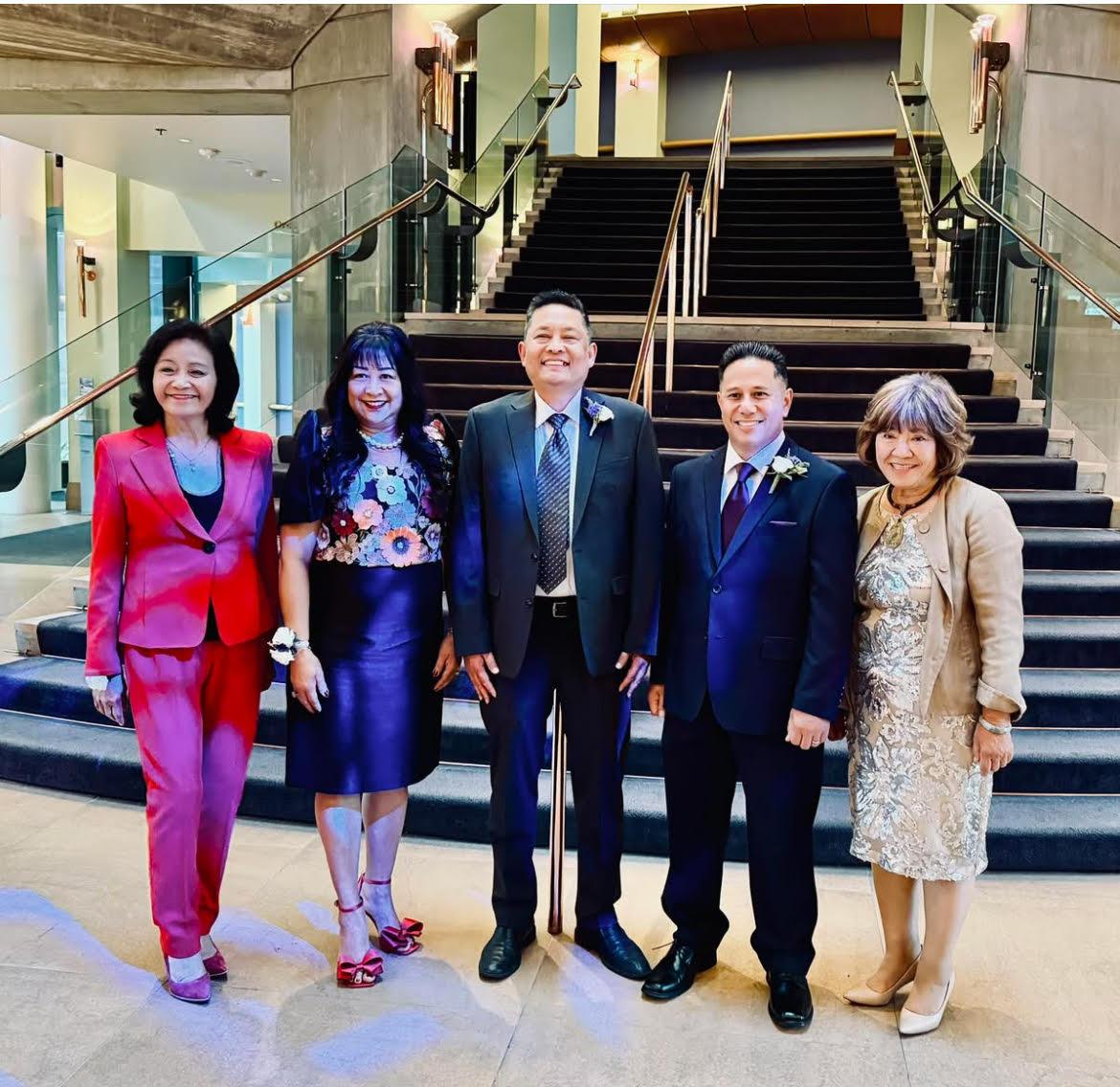LOS ANGELES – A major case against four alleged terrorist suspects, one of them Filipino, from the Inland Empire, has begun its second week of trial.
Ontario resident Ralph Deleon, 25, was accused in 2012 of being involved with terror plots to kill Americans related to the radical militant organization al-Qaeda. Two of the men, Upland resident Miguel Santana, and Arifeen David Gojali from Riverside, have already pleaded guilty. Both are expected to testify against Deleon and another associate, Sohir Omar Kabir, during the trial.
Prosecutors in the case presented video evidence of the four men plotting to leave the country for Afghanistan to commit terrorist acts, which include attacks on US military bases overseas. The classified government informant, who attended the same mosque as Deleon, was close to the men and recorded tapes of them discussing their plans. Additional photo evidence was found on computers in Deleon’s home.
Kabir, a naturalized citizen and former Pomona resident, is said to have persuaded the group to leave the US to learn jihad and be trained to fight with al-Qaeda. According to the trial memo, Kabir, Santana, and Deleon were all planning to travel to Afghanistan when they were caught by authorities. Kabir, an alleged jihadist, is also believed to be the ringleader of the group.
Born and raised Catholic, Ralph Deleon had moved to the US from the Philippines at age 13. He dropped out of school and converted to Islam in 2010. Two years later, FBI agents barged into Deleon’s quiet Ontario home, arresting him as well as other suspects within the area. He was charged by the US Attorney with conspiracy in a terrorist plot.
The FBI’s affidavit stated that the undercover suspects communicated online about a plan to leave the United States and join terrorist groups in the Middle East.
The anonymous informant, who remains a key point in the case, is described as “a non-US citizen with deportable drug-related convictions.” In exchange for aiding the government in the suspects’ arrest, he/she was spared from deportation and given over a quarter million dollars.
However, the source’s credibility remains a question. Deleon’s defense argues that their clients’ actions and messages were misread by the informant, who was a close friend of the four, and the men never actually intended to join al-Qaeda.
“This was a very carefully planned out plot by the government from the investigation stage onwards,” David Thomas, Deleon’s lawyer, told the Los Angeles Times. “It was a manufactured prosecution, is our argument. They had their target two years ago and executed.”
Several civil rights groups are challenging evidence from a hidden camera and claim that the authenticity of the recorded tapes could not be verified by anyone other than the informant. However, US District Judge Virginia Phillips determined the video evidence was “admissible.” Deleon’s defense has already subpoenaed the informant to appear in court.
The Council on American-Islamic Relations (CAIR), a nationwide advocacy organization dedicated to the empowerment of American Muslims, believes that frequently using federal informants in cases of national terrorism can lead to “an entrapment of suspects.”
Fatima Dadabhoy, a senior civil rights lawyer for CAIR in Los Angeles, told the Los Angeles Times: “We’ve seen other communities targeted by the FBI with informants sent into communities and mosques. I think what’s important about not just this case but this issue in general is to make sure that when we are doing terrorism cases, we’re not using improper tactics.”
The Los Angeles chapter of CAIR is seeking additional details about the informant.
The trial resumed its second week on Tuesday, August 19 with more testimony against Deleon and his colleagues to be revealed.
(With reports from Los Angeles Times, KTLA, and ABS-CBN News.)
(www.asianjournal.com)
(LA Weekend August 23-26, 2014 Sec. A pg.1)





